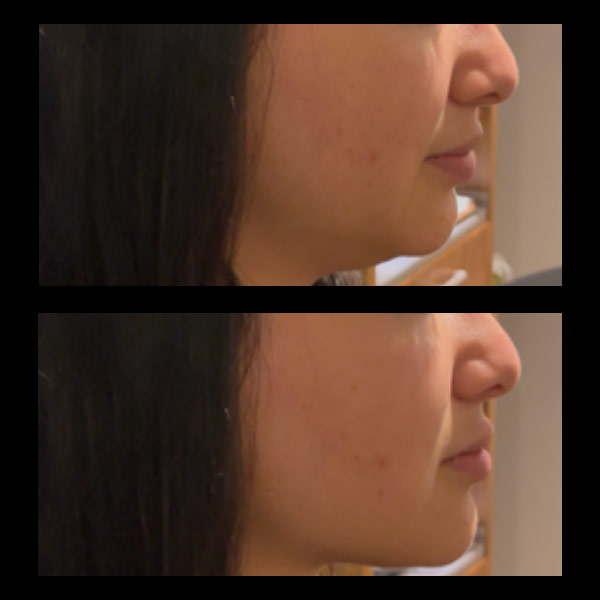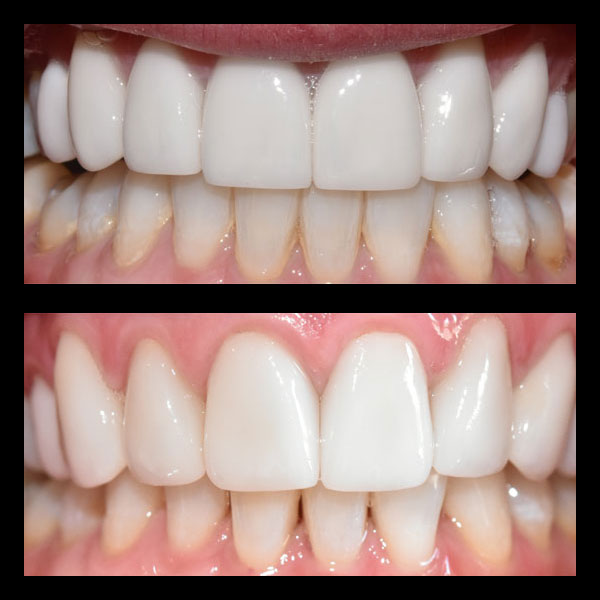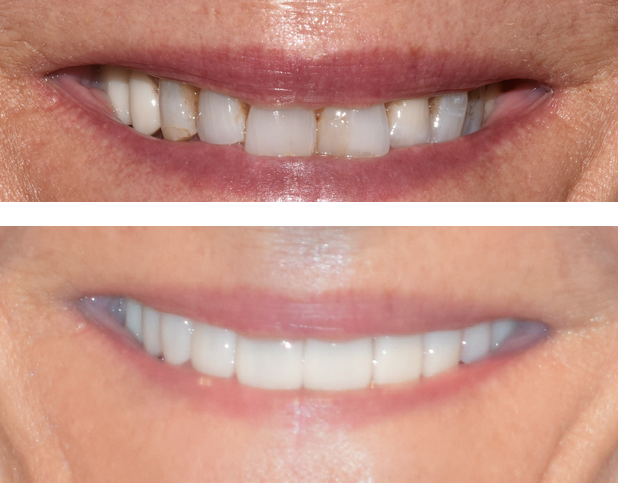A Beautiful Smile and a Healthier Planet: Our Commitment in Boulder
In an era where environmental consciousness is more important than ever, the dental industry is also embracing sustainable practices. At Incredible Smiles in Boulder, Colorado, we believe that creating beautiful, healthy smiles shouldn’t come at the expense of our planet. This commitment to eco-friendly cosmetic dentistry means integrating practices that reduce our environmental impact while delivering the exceptional, personalized care you expect. We strive to offer treatments that are not only good for you but also kind to the Earth.
What is Eco-Friendly Dentistry?
Eco-friendly dentistry, also known as green dentistry or sustainable dentistry, focuses on reducing the environmental footprint of dental practices. This involves a conscious effort to minimize waste, conserve energy and water, use non-toxic and biocompatible materials, and incorporate sustainable technologies. The goal is to provide high-quality dental care that is both safe for patients and respectful of the environment. For cosmetic dentistry, this means choosing materials and techniques that are not only aesthetically pleasing and durable but also ethically sourced and environmentally sound.
At Incredible Smiles, we are dedicated to exploring and implementing sustainable solutions across our comprehensive range of services, from porcelain veneers and Invisalign to dental implants and full mouth reconstructions.
Key Pillars of Sustainable Cosmetic Dentistry at Incredible Smiles
Our approach to eco-friendly cosmetic dentistry is built on several key pillars designed to ensure we are doing our part for the environment while providing you with outstanding aesthetic and functional results.
1. Digital Dentistry for Reduced Waste and Enhanced Precision
Embracing digital technology is a cornerstone of modern sustainable dentistry. At Incredible Smiles, we utilize advanced digital tools like 3D cone-beam imaging and intraoral scanners. These technologies offer numerous environmental benefits:
- Elimination of Physical Impressions: Digital scanners create precise 3D models of your teeth without the need for traditional impression materials, which generate waste. This also enhances patient comfort.
- Paperless Operations: Digital records, patient communication, and prescriptions significantly reduce paper consumption and associated waste.
- Reduced Radiation: Digital X-rays produce up to 80-90% less radiation compared to traditional film X-rays, making them safer for patients and eliminating chemical waste from film development.
- Efficient Treatment Planning: Technologies like CAD/CAM allow for precise design and fabrication of restorations like crowns and veneers, often in a single visit. This reduces material waste and the number of appointments, thereby lessening travel-related emissions.
Our investment in cutting-edge technology not only supports sustainability but also allows us to deliver highly accurate and efficient cosmetic treatments.
2. Biocompatible and Eco-Friendly Materials
The materials used in cosmetic dentistry play a crucial role in both treatment success and environmental impact. We prioritize the use of biocompatible materials that are safe for your body and less harmful to the environment. This includes:
- Mercury-Free Restorations: We offer non-metal fillings, such as tooth-colored composite resins, which are aesthetically pleasing and avoid the environmental concerns associated with mercury amalgam.
- Durable Ceramics: Materials like porcelain and zirconia used for veneers, crowns, and bridges are highly durable, long-lasting, and biocompatible, reducing the need for frequent replacements.
- BPA-Free Products: Whenever possible, we select products that are free from Bisphenol A (BPA) and other potentially harmful chemicals.
Our focus on physiologic dentistry also ties into this, as understanding the body’s natural systems helps us make material choices that promote overall well-being alongside environmental health.
3. Waste Reduction and Responsible Disposal
Dental practices traditionally generate a significant amount of waste. Incredible Smiles is committed to minimizing our contribution through:
- Minimizing Single-Use Plastics: While infection control remains paramount, we consciously look for opportunities to reduce single-use plastics by opting for reusable or biodegradable alternatives where safe and feasible.
- Proper Waste Segregation: We adhere to strict protocols for waste segregation, ensuring that recyclables are properly processed and hazardous materials are disposed of responsibly according to local and federal guidelines.
- Amalgam Separators: For practices that do handle amalgam, specialized separators prevent mercury from entering the water system. While we focus on mercury-free options, this is an important consideration for the industry.
4. Energy and Water Conservation
Conserving resources is a critical aspect of green dentistry. Our efforts include:
- Energy-Efficient Lighting and Equipment: Utilizing LED lighting and modern, energy-efficient dental equipment helps reduce our overall energy consumption.
- Water-Saving Technologies: Implementing water-saving devices, such as low-flow faucets and waterless vacuum systems where appropriate, can drastically reduce water usage. Some practices report saving hundreds of gallons daily with such systems.
- Mindful Practices: Encouraging staff to be conscious of energy and water use, such as turning off lights and equipment when not in use.
5. Minimally Invasive Cosmetic Procedures
Many modern cosmetic dental techniques are inherently more conservative, aligning well with eco-friendly principles. Minimally invasive procedures aim to preserve as much natural tooth structure as possible.
- Dental Bonding: Dental bonding is a conservative way to repair chips, gaps, or discoloration with minimal tooth alteration.
- Minimal-Prep Veneers: When appropriate, minimal-prep or no-prep veneers offer a smile transformation with less enamel removal compared to traditional veneers.
- Invisalign: Clear aligner therapy straightens teeth without the metal and frequent adjustments associated with traditional braces, often leading to fewer appointments.
These approaches not only conserve tooth structure but can also reduce the amount of materials used and treatment time. You can see the stunning results of such procedures in our before and after gallery.
The Benefits for Our Patients and Community in Boulder
Choosing an eco-friendly dental practice like Incredible Smiles offers numerous advantages:
- Healthier Environment: Reduced exposure to toxins and chemicals benefits both patients and our dental team.
- Safer Materials: Use of biocompatible materials minimizes the risk of allergic reactions or sensitivities.
- Improved Air and Water Quality: Minimizing chemical and material waste helps protect Boulder’s natural resources.
- Supporting a Conscious Business: Align your dental care with your values by choosing a practice committed to sustainability.
- Long-Term Cost-Effectiveness: While some eco-friendly technologies may involve initial investment, they can lead to long-term savings through reduced waste and resource consumption, and durable, high-quality materials may reduce the need for frequent replacements.
Boulder is a community that deeply values environmental stewardship, and we are proud to contribute to these efforts. Our commitment extends to providing a spa-like, comfortable environment that promotes well-being in every sense.
Ready for a Smile That’s Beautiful Inside and Out?
At Incredible Smiles in Boulder, we are passionate about creating stunning smiles while upholding our responsibility to the planet. Experience the difference of eco-friendly cosmetic dentistry with Dr. Priya Uppal and Dr. Lori Kemmet.
Frequently Asked Questions (FAQ)
Q: Does eco-friendly dentistry compromise the quality of cosmetic results?
A: Absolutely not. Eco-friendly dentistry often utilizes advanced technologies and high-quality, durable materials that can lead to excellent, long-lasting cosmetic outcomes. Our commitment to sustainability enhances, rather than compromises, the quality of care.
Q: Is eco-friendly cosmetic dentistry more expensive?
A: While some sustainable technologies may have higher upfront costs for the practice, many eco-friendly practices can lead to long-term operational savings. Furthermore, using durable materials can reduce the need for future rework, potentially saving patients money over time. We are transparent about costs and offer financing options to make care accessible.
Q: How do I know if the materials used are truly biocompatible?
A: We carefully select materials known for their biocompatibility, such as high-quality ceramics and BPA-free composites. We are happy to discuss the specific materials used in your treatment plan and address any concerns you may have. Some practices offer biocompatibility testing for patients with known sensitivities.
Q: What can I do as a patient to support sustainable dentistry?
A: You can support sustainable dentistry by choosing practices that prioritize eco-friendly measures. Additionally, practicing good oral hygiene at home with sustainable products (like bamboo toothbrushes or biodegradable floss) can make a difference. Opting for digital communications and asking about digital options for your care also helps.
Glossary of Terms
- Biocompatible Materials: Substances that are not harmful to living tissue and can be in contact with the body without causing an adverse immune or toxic reaction.
- CAD/CAM (Computer-Aided Design/Computer-Aided Manufacturing): Technology used to design and create dental restorations like crowns, veneers, and bridges with high precision, often in-office.
- Composite Resins: Tooth-colored filling materials made of a plastic and glass mixture, used for fillings and cosmetic bonding. Many modern versions are BPA-free.
- Cone-Beam Computed Tomography (CBCT): An advanced imaging technique that provides 3D views of the teeth, jaw, and surrounding structures with lower radiation than conventional CT scans.
- Digital X-rays (Radiography): Imaging technology that uses digital sensors instead of traditional photographic film, resulting in less radiation exposure and no chemical processing.
- Intraoral Scanner: A device used to capture direct digital impressions of the teeth and gums, eliminating the need for traditional impression materials.
- Minimally Invasive Dentistry: An approach focused on preserving as much healthy tooth structure as possible during dental procedures.
- Sustainable Dentistry (Green Dentistry): A dental care approach that aims to reduce environmental impact through resource conservation, waste reduction, and the use of eco-friendly products and practices.
- Zirconia: A very strong and durable ceramic material used for crowns, bridges, and dental implants, known for its biocompatibility and aesthetic qualities.








